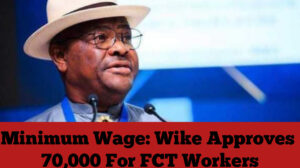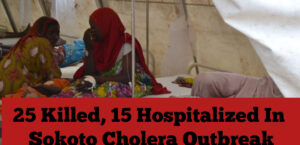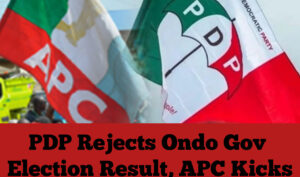
Chad’s junta leader General Mahamat Idriss Deby Itno won the African nation’s May 6 presidential election with 61 percent of the vote, according to final results announced Thursday.
The Constitutional Council declared the winner and also rejected a bid by Prime Minister Succes Masra to annul the result. Masra had claimed victory and has called for peaceful protests.
Deby called the election to end three years of military rule in a country crucial in the fight against jihadism across Africa’s restive Sahel region. The regime has long muzzled opposition figures, however, and Deby’s main rival was killed in February.
Following the release of provisional results on May 9, Deby declared himself “the elected president of all Chadians” and promised to make good on his “commitments”.
Masra came second with 18.5 percent, while former prime minister Albert Pahimi Padacke won 16.9 percent, Constitutional Council president Jean-Bernard Padare said on Thursday.
The final results, with a turnout of 75.78 percent, are very close to the provisional results.
‘Results rigged’
Masra, once a fierce Deby opponent before becoming prime minister four months ago, has accused the junta chief’s team of rigging the results and called on his supporters to “mobilise peacefully”.
But he has rarely appeared in public since provisional results were announced on May 9.
Early in the campaign, observers predicted a massive win for 40-year-old Deby, whose late father ruled Chad for three decades before him.
But economist Masra surprised everyone by gathering huge crowds during his campaign, leading him to claim he would be capable of winning or pushing Deby into a second round.
Opponents had called for a boycott of the vote, dismissing it as fixed.
The prime minister, also 40, faced accusations of being a stooge by the opposition and its leading figures barred from standing.
Observers are now questioning whether Masra will remain prime minister.
Opposition repressed
If Masra’s supporters stage protests against Deby’s election, it could pave the way for violence as opposition demonstrations are systematically repressed.
The country has been marked by coups, authoritarian governments and rebel attacks since its independence from France in 1960.
Deby was proclaimed transitional president by fellow army generals in 2021 after his father, Idriss Deby Itno was shot dead by rebels.
He promised an 18-month transition to democracy but then extended it by two years.
Opposition figures have since fled, been silenced or joined forces with him.
Deby and Masra faced eight other candidates who were either relatively unknown or considered not hostile to the regime.
Deby’s cousin and chief election rival Yaya Dillo Djerou was shot in the head in an army assault on February 28, according to his party.
‘Neither credible nor free’
International rights groups had said the election would be neither credible nor fair.
The International Federation for Human Rights had warned that the election appeared “neither credible, free nor democratic”.
The International Crisis Group also noted that “a number of problems in the run-up to the balloting cast doubt on its credibility”.
In early May, Masra’s Transformers party had condemned violence against him and his supporters.
On polling day, at least 76 activists from the party were arrested and are still held in prison. They are accused of forgery and using false documents during this week’s presidential election, a legal source told AFP.
In 2021, Deby was quickly endorsed by an international community led by France, whose forces in recent years have been ousted by military regimes in former African colonies including Mali, Burkina Faso and Niger.
The Sahel nations are reeling from jihadist insurgencies and have strengthened ties with Russia after severing them with Paris.
AFP




